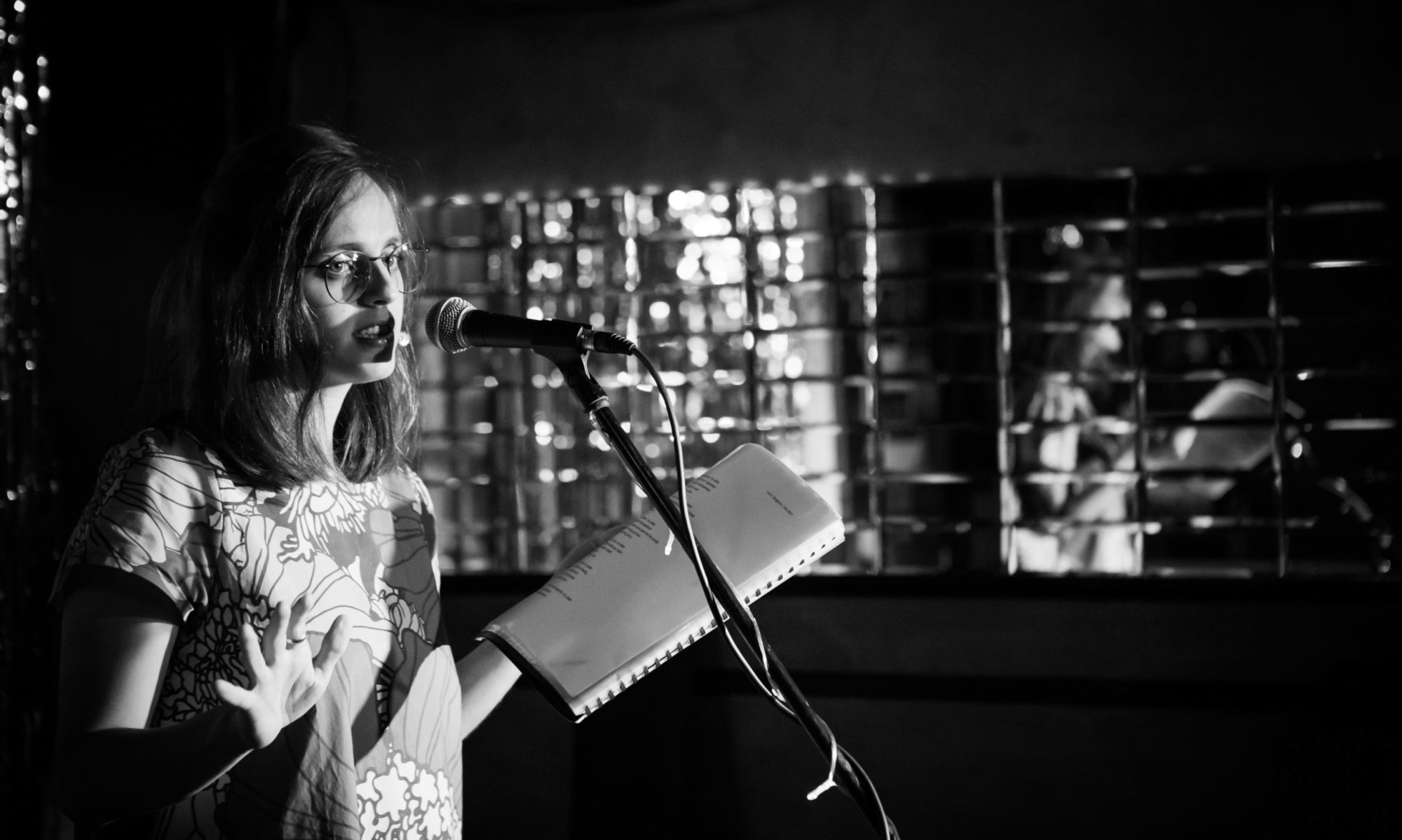CW: Internalised ableism.
Dear protective mechanism named achievement-focus,
For the purpose of this letter I will call you Little Creature – as you are like a separate being to myself who lives inside my mind influencing me to varying degrees, depending on my vulnerability at the time, and perhaps your mood.
I am writing to you today because your presence in my life has become more prominent recently. You stick your head through a doggy-door and say hello by telling me the decision to study psychology instead of medicine was giving up. You wave by telling me staying in a job for over four years is stagnation.
I know you very well. Like a ghost you have a tendency to go undetected for a while, leading me on as if you’ve disappeared forever, in those breaks you take from sitting on my mind’s bank like a devil directing my interpretation of the world. Recently I have come to understand your origin, which is of course intertwined with my own.
Growing up I knew I was different from others – I had a ‘leg problem’ and that was a bad thing I had to live with. In order to make sense of life’s unfairness and my fate of pain, bullying, constant operations and traumas, I’ve come up with an equation that made life bearable. It was: pain + special powers = a sensible world. If special powers was removed from the equation, the world did not make sense anymore. I could also replace pain with trauma/disability/hospital visits/bullying etc. So then I’d get for instance bullying + special powers = a sensible world. This worked because bullying or trauma are painful parts of human life. Special powers however, are obviously a positive, uplifting part of life. This way the world could remain at lease a neutral place, somehow fair. I got a really bad luck item in my basket of life, but at least I had some undefined special powers – it meant not only the world was not so cruel but I was a worthy human after all. The simple conclusion I reached was I must hold some extraordinary qualities which compensated for my disability and associated pains – achievements resulting from these qualities were going to make it all worthwhile. This interpretation is not unique to myself. Other disabled people have described a similar experience. There is a social and historical context to this of course, as disability has previously been seen as a punishment or a gift depending on the time and culture one examines. Perhaps these reflect human’s natural tendency to attempt making sense of the world – to order its uncompromising chaos.
Anyway, this is how you came to be – Little Creature, you were born in that small room in our Tel-Aviv apartment on my single bed, above the blue checkered mattress. You were born in my mind and helped me feel as if the world was actually not a terrible place after all, I was worthy after all. You have helped making life bearable. You’ve helped me clean those Ilizarov pins and get through being teased. You have been effective all the while you’ve developed strong roots in my brain to help me survive.
But what about now?
Now so much has changed – my life, the society I live in, my body and my roles. Everything has changed and so must we. I no longer think the world must be sensible. The equation does not make sense because the world is not neutral. It is much more complicated – even if I tried I could not assign a single value which will carry across genders, countries, cultures, days or even moments. Sometimes the world is fantastic and great things happen, nevertheless simultaneously terrible things happen. There is no simplifying this mess. I also don’t see my disability as a bad thing anymore. Regardless, you, Little Creature, keep telling me that if I do more, if I get ahead somehow, if I reach sufficient success, then the world will be ok. Then I will be ok – I will be worthy.
Today I want to tell you, Little Naïve Creature, that you have been exposed. You cannot hide as I won’t let you act in the background like a puppeteer telling me to be better all the time (i.e. that I’m not good enough) or accusing my past choices were wrong because I am still not there – in that elusive destination of success which will make my worth stable forever.
Right now I know my worth has nothing to do with my achievements. Knowing intellectually and experiencing in one’s body are two distinct things. I hope that this letter will help my body remember this, and internalise it so that you will become powerless, or at least weaker. You are no longer needed. My goals are to be happy and healthy, not to reach any particular milestone you think I should. As I am writing this, you are still whispering that’s not true and also giving me examples of goals I should have in order to be happy. But I am the most content right now – writing and reflecting in silence except for the dishwasher rain-like flow, paralleling the words I’m creating.
I know you are not leaving anytime soon, so this is not a goodbye. This is a hello, from now on I am perceptively watching you – I know what you are doing and I won’t let you spoil this for me.
Liel K. Bridgford



